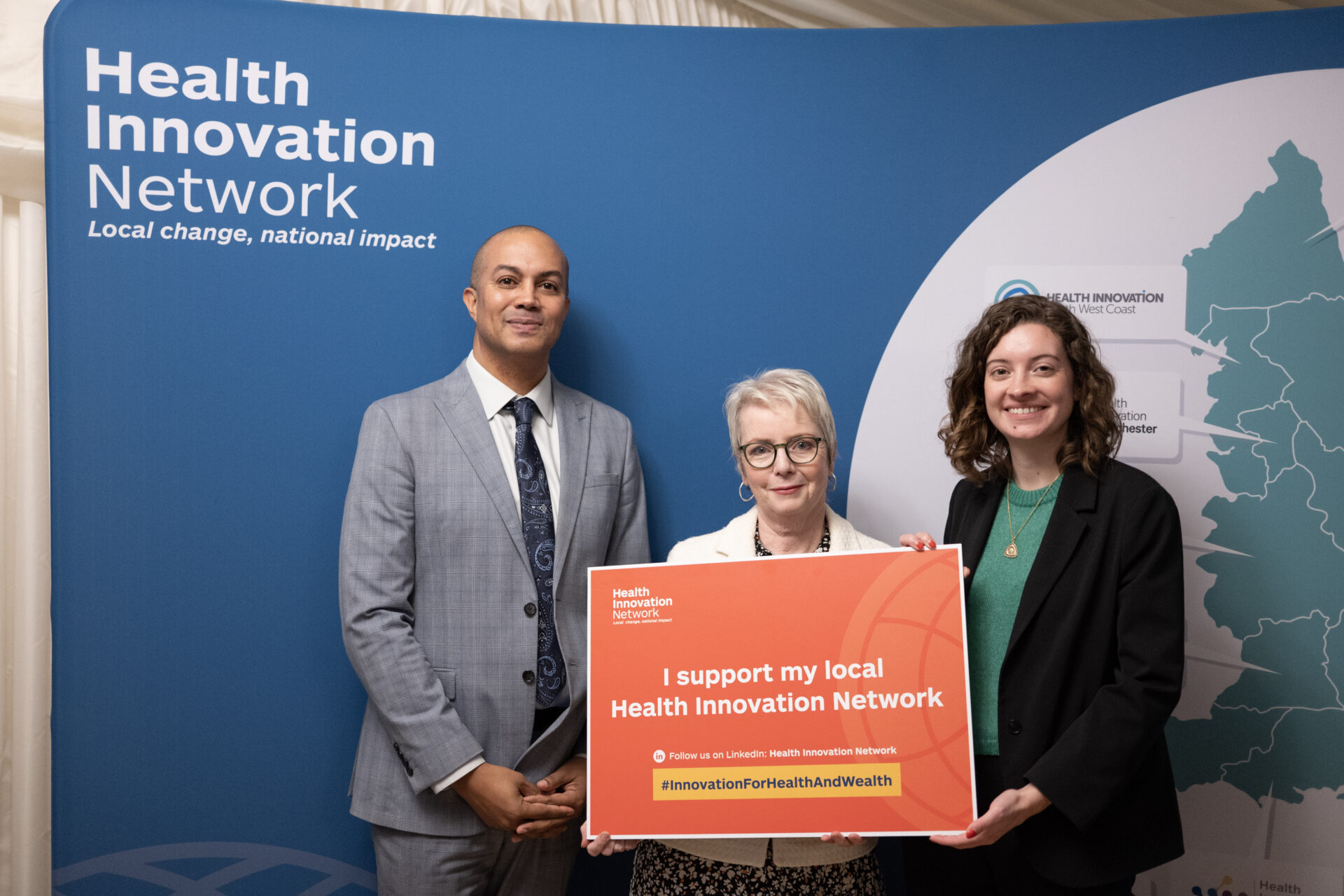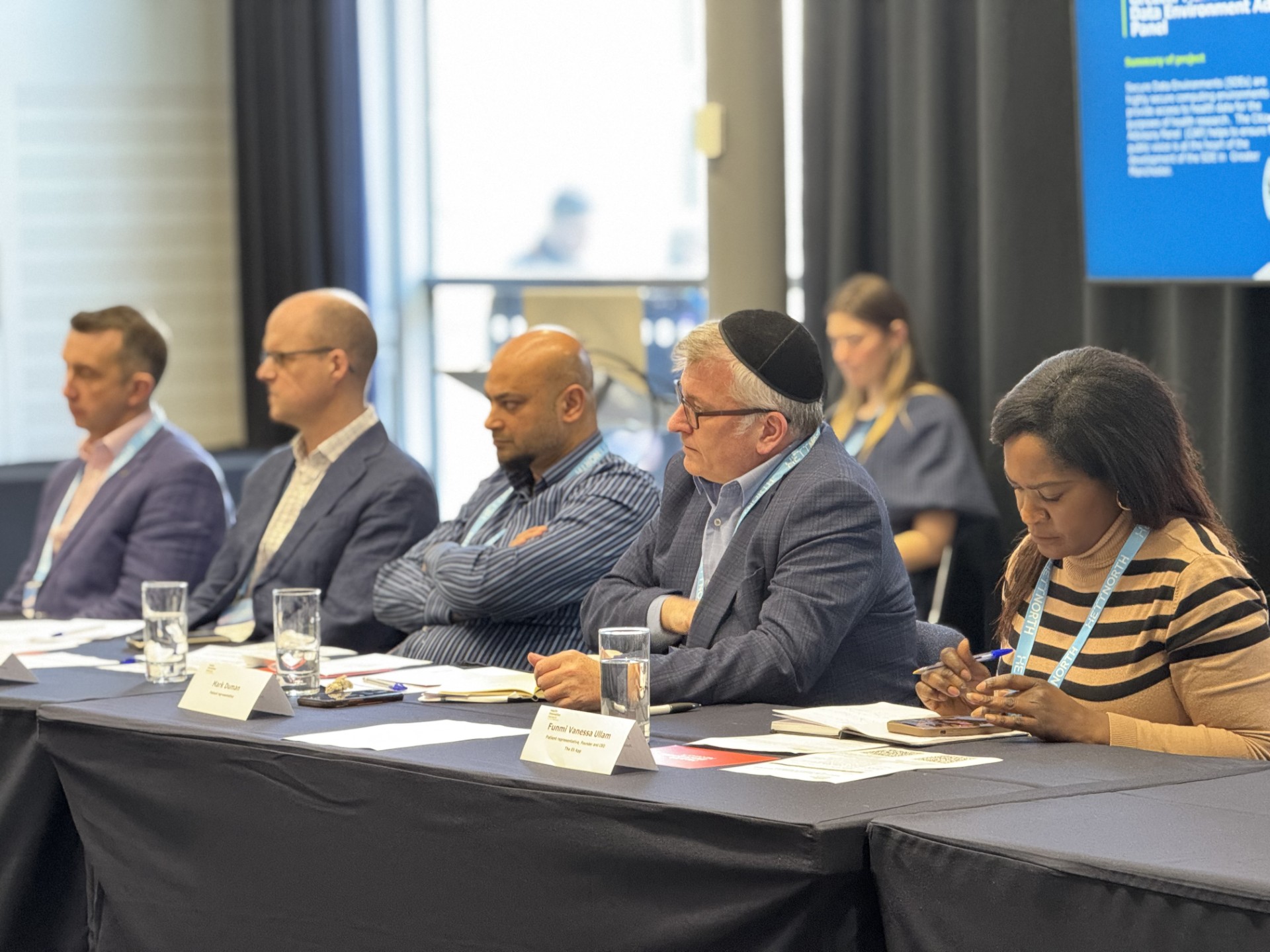The Academic Health Science Network (AHSN Network) and Health Education England have published a report focusing on how patients and families are supported around the time of death, and examples of good practice from healthcare organisations across England.
Learning from staff reflections: supporting people at end of life is the result of a project commissioned by Health Education England (HEE) which was delivered by the AHSN Network.
The project took a novel approach by employing two Patient Safety Fellows to gather evidence and learning. They engaged with over 200 staff from over 40 healthcare organisations to understand what was working well, and where there were gaps in bereavement support.
Cheryl Crocker, AHSN Network Patient Safety Director, said:
‘We were encouraged to see a number of positive examples across the country. The review gives some really good insight into what makes it easier, and what makes it harder, for staff to support people and their families at the time of death, and to better understand clinician’s experience of this.’
The report was welcomed by Professor Bee Wee, National Clinical Director for Palliative and End of Life Care, NHS England and NHS Improvement. She added:
‘The recommendations from this AHSN/HEE report shed further light on some actions that could help. Communication is a process between two or more human beings. It is not a one-off ‘deliverable’ to be counted or ticked off a list. Psychological safety to enable honest conversations must be something all parties experience.
You can read more from Professor Bee Wee on why open and honest communication is essential for patient safety in this blog.
Many clinical specialties were represented during the project, including staff from acute, community, mental health, hospices, care homes and ambulance trusts. Non-clinical staff including chaplains, charities, and a bereaved family were also involved.
The report considers four clear themes which emerged:
- Communication
- Cross-system learning and working
- Culture
- Staff wellbeing
Download the full report and an accessible version.
Find more information about the AHSN Network’s patient safety work.

The Health Innovation Network is delighted to announce the launch of Innovation Insights, a brand-new webinar series designed to highlight the latest in health innovation, offering attendees valuable insights into the adoption and spread of innovation within the health and care landscape. Each interactive webinar will feature: Expert presentations: Delivered by thought leaders across [...]

The Health Innovation Network, at an event sponsored by Sarah Coombes MP, brought together parliamentarians including Health Minister Karin Smyth MP and Chair of the Science, Innovation and Technology Committee, Chi Onwurah MP to meet with six innovators supported by health innovation networks across the country and their NHS partners. At the Meet the Innovators: [...]

The need for fast-paced innovation in healthcare is widely acknowledged. And ensuring that healthcare innovation is shaped by the people it serves remains a pressing priority – one made all the more evident by the growing emphasis on health equity in the 10 Year Health Plan. Patient voices are often cited as central to healthcare [...]








